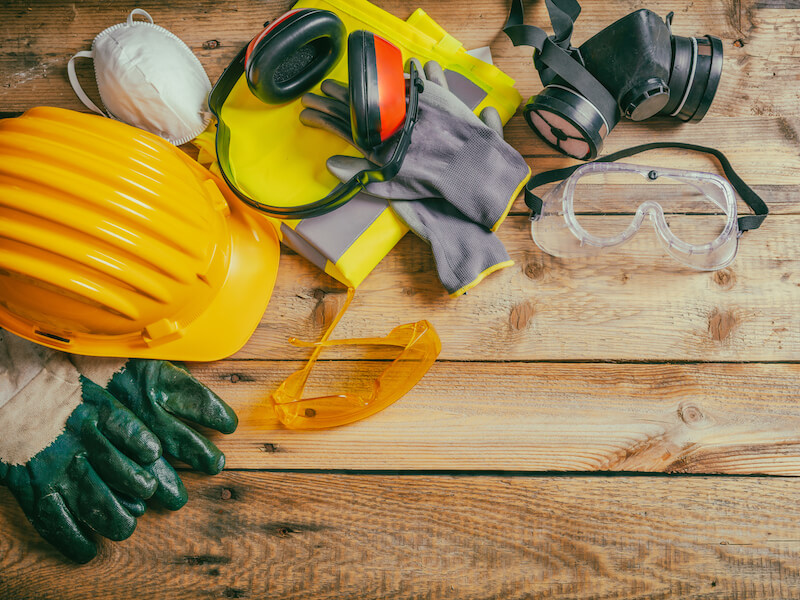
Each year, roughly 2 million workplace injuries are documented. Usually, we think about a hand caught in a piece of machinery or a flying projectile when we consider work-related injuries.
But the most prevalent workplace injury is much more pernicious and often goes unreported. Over the course of several years, it will sneak up slowly on people. The injury goes unnoticed until the symptoms become impossible to dismiss. People typically make excuses. “It’s only temporary” or “I’m just getting older. This response is normal.
And it’s unusual for people to even realize that their workplace is responsible for this injury.
The insidious injury is hearing damage. There are some significant steps you should take if you detect any of the numerous warning signs.
How Loud is Too Loud?
Regular exposure to sounds above 85 decibels (dB) can trigger long-term damage to your hearing. For reference, a vacuum runs at around 75 decibels dB. Eighty-five dB for a lawnmower. A chainsaw or leaf blower produces over 100 dB. A gunshot is around 140 dB.
How loud is your workplace? Is the most common workplace injury an issue for you? Over time, your hearing can be damaged if you’re regularly exposed to sound as loud as a lawnmower, even if it’s not constant.
Signs of Hearing Injury
If you work in a loud environment, there’s no question you’re damaging your hearing.
Your experiencing hearing loss if you notice any of the following symptoms:
- You tend to withdraw when others are talking.
- Your family and friends tell you your TV, radio, or computer tablet volume is too high.
- consonants get confused – “Todd” sounds like “Dodd,” for instance.
- You experience pain when you hear loud noises.
- You hear ringing, hissing, or whistling when it should be quiet.
- You think people speaking to you are constantly mumbling.
- Conversations sound muffled.
- You regularly ask people to repeat themselves when they speak.
- You can’t understand the person speaking if there’s background noise.
What Are Employers Doing to Decrease Hearing Damage?
Businesses and organizations are utilizing the most recent technology to decrease workplace noise in excessively loud settings. Workplace noise will be decreased as new recommendations are being put in place by governments to protect workers.
As more employees become aware of the chronic damage they have endured due to workplace noise, they are speaking out. Further change will come as their voices are heard.
Preventing Further Damage
Safeguarding your ears before they are damaged is the best plan if you work in a loud environment. Wearing protective headphones or earplugs while at work will help decrease potential damage.
If you suspect your hearing has been injured by a noisy workplace, make an appointment for a hearing exam as soon as you can. When you ascertain the extent of your hearing loss, you will learn how to prevent further damage going forward. We address any hearing damage you already have and develop strategies to help you avoid any further damage.